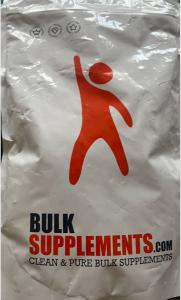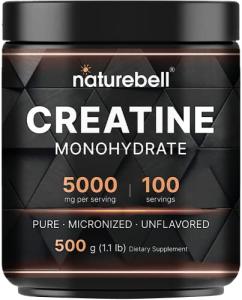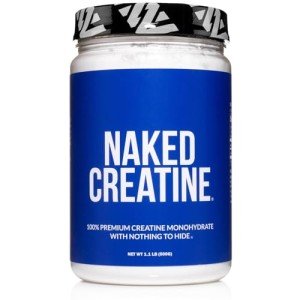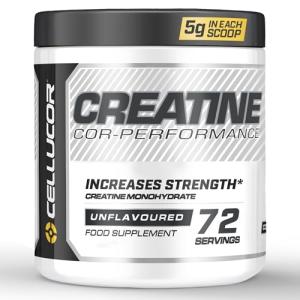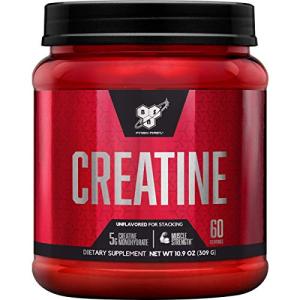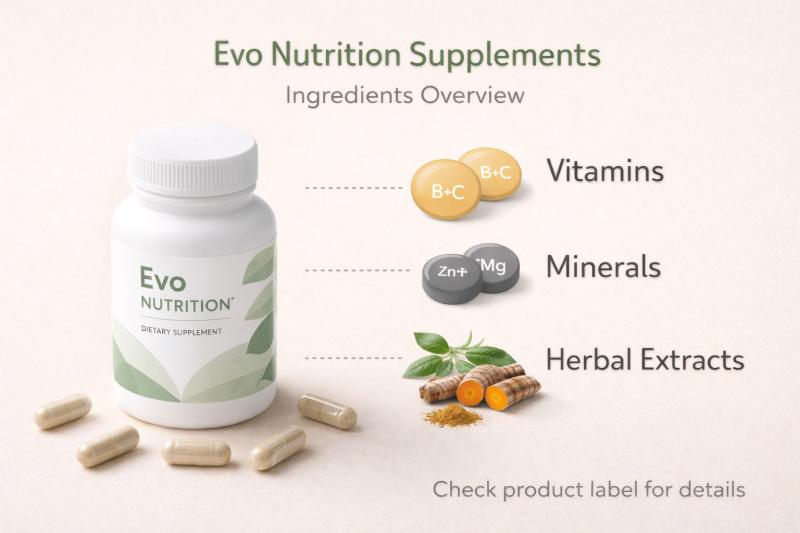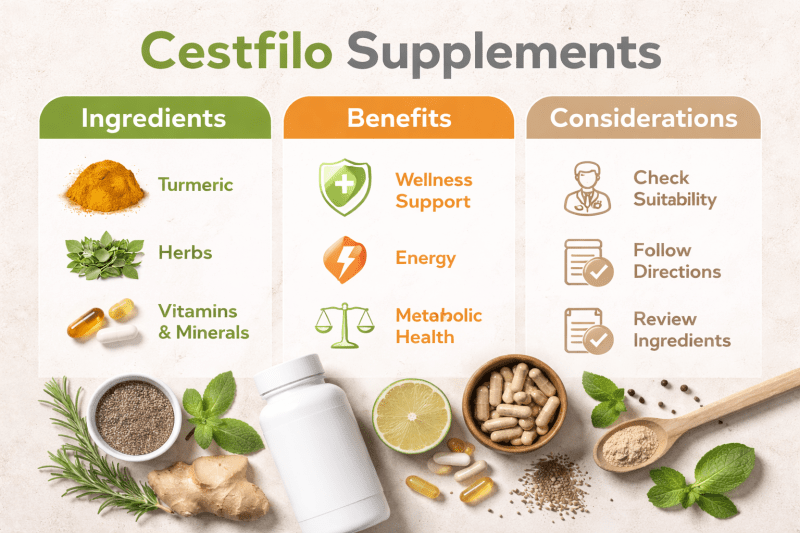What is Creatine and How Does it Work?
Creatine is a naturally occurring substance that is produced mostly in the liver and is also found in small amounts in meat and fish. It is a molecule that provides energy to the cells, especially the muscle cells. This is why athletes and bodybuilders often use creatine supplements to help enhance their athletic performance and muscle gain.
When you work out, your body uses adenosine triphosphate (ATP) for energy. However, ATP is only enough for a short burst of activity, which means you will quickly run out of energy. This is where creatine comes in. Creatine is stored in the muscles and is converted to phosphocreatine when needed. Phosphocreatine then helps replenish ATP, allowing your muscles to continue working longer, resulting in increased performance and more efficient muscle function.
Supplementation of creatine has been extensively studied and has been shown to increase physical performance and muscle mass in both athletes and non-athletes. It has also been shown to improve strength, power, and endurance, making it a popular supplement among both men and women looking to enhance their physical performance.
Creatine supplements come in various forms, including powders, capsules, and liquids, and can be found in most health food stores and online retailers. It is important to follow the recommended dosage instructions and to only purchase creatine from reputable sources.
While creatine can provide many benefits, it is important to note that it is not a magical solution for gaining muscle mass or improving athletic performance. It should be used in conjunction with a healthy diet and regular exercise regimen for best results.
In conclusion, creatine is a natural substance that helps provide energy to the cells, especially the muscle cells. It can be supplemented to help enhance athletic performance and muscle gain, but should only be used in accordance with recommended dosage instructions and with a healthy lifestyle.
The Benefits and Risks of Creatine Supplementation
Creatine supplementation has been a popular and controversial topic in the sports and fitness world for quite some time. Some praise it for its ability to enhance performance and aid in muscle growth, while others warn of potential risks and side effects. Here are some of the benefits and risks of creatine supplementation.
Benefits
Increased muscle strength and power: Creatine has been shown to increase muscle strength and power, which can lead to improved performance in activities that require explosive movements, such as weightlifting, sprinting, and jumping. Enhanced muscle recovery: Creatine has been found to reduce muscle damage and inflammation, leading to faster muscle recovery after intense workouts. Increase in muscle mass: Creatine supplementation is associated with an increase in muscle mass, although the amount of increase may vary from person to person. Improved cognitive function: Creatine has been shown to improve cognitive function, including memory, attention, and processing speed.
Risks
Gastrointestinal issues: Some people may experience gastrointestinal issues such as diarrhea, nausea, and vomiting. Dehydration: Creatine supplementation can lead to increased water retention in the muscles, which can make it difficult for the body to regulate hydration levels. Kidney damage: Some studies have suggested that long-term high-dose creatine supplementation can increase the risk of kidney damage, although more research is needed in this area. Male pattern baldness: Creatine supplementation has been linked to an increase in dihydrotestosterone (DHT), which is a hormone associated with male pattern baldness.
It is important to note that the benefits and risks of creatine supplementation may vary from person to person and depend on individual factors such as dosage, duration of use, and overall health status. It is always recommended to speak with a healthcare provider before starting any new supplement regimen.
Maximizing Creatine Results with Proper Dosage and Timing
Creatine is a popular supplement among athletes and recreational exercisers alike because of its ability to enhance athletic performance during high-intensity, short-duration activities like weightlifting, sprints, and jumps. However, to reap the benefits of creatine, it is important to understand how to properly dose and time its consumption.
Dosage: The standard daily dose of creatine for an adult is 3-5 grams, which should be divided into two or three smaller doses throughout the day. This approach helps to maximize absorption and utilization of the supplement.
It is important to note that the loading phase, which involves consuming high doses of creatine (20-25 grams) for several days to saturate the muscles with the supplement, is not necessary for most people. The maintenance phase, where smaller doses of creatine are consumed regularly, is sufficient to maintain muscle creatine levels.
Timing: While creatine can be taken at any time during the day, research suggests that consuming it post-workout may provide additional benefits. This is because exercise causes an increase in blood flow to the muscles, which can enhance the uptake and utilization of creatine.
Additionally, consuming creatine with a simple carbohydrate source, such as fruit juice, can promote greater absorption of the supplement. Carbohydrates stimulate insulin release, which can help to shuttle creatine into the muscles.
Conclusion: Maximizing the results of creatine supplementation requires a proper dosage and timing strategy. Consistent intake of smaller doses of creatine throughout the day, along with consuming it post-workout and with a carbohydrate source, can help to enhance athletic performance and muscle growth. As with any supplement, it is important to consult with a healthcare professional before beginning use.
BulkSupplements Creatine Monohydrate Powder - Unflavored
Boost your workouts and enhance muscle recovery with this pure creatine monohydrate powder
Product information
$12.49
Product Review Score
4.49 out of 5 stars
163 reviews
